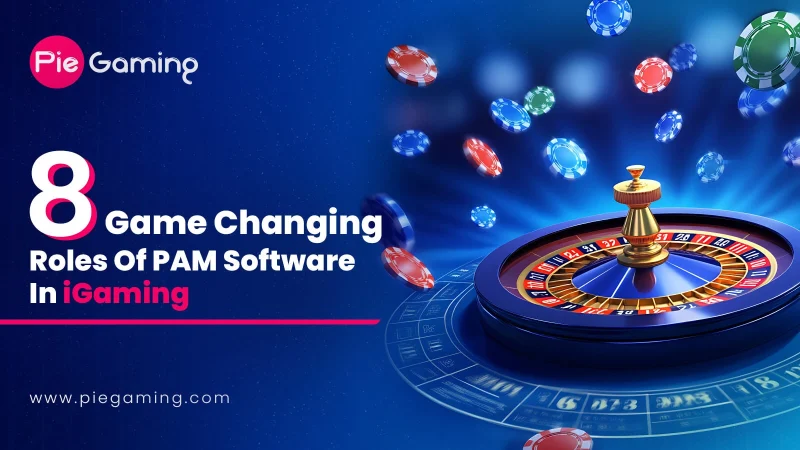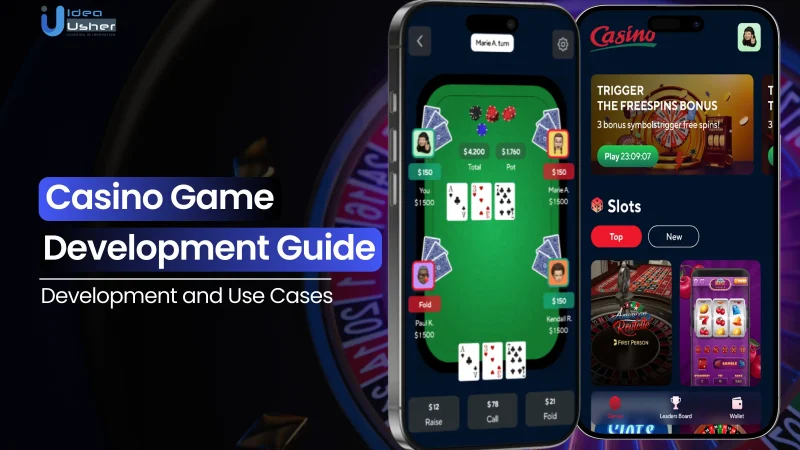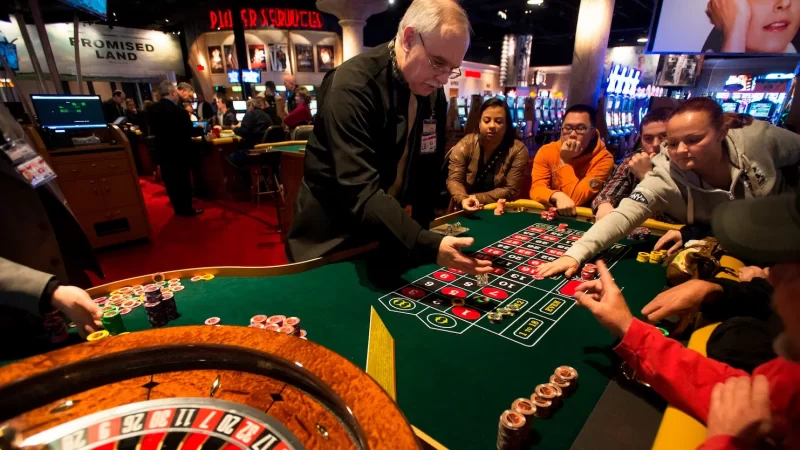Casino Math – How Odds and Probabilities Work

Casino math is the study of odds and probabilities in gambling. It helps players comprehend the long-term implications of their decisions, decreasing the potential for misfortune or miraculous events.
Casino math is essential to gamblers as it helps them increase their chances of success in the long run. Furthermore, it teaches them patience, discipline and money management techniques that will help them win at gambling.
Probability
Casino Math relies heavily on odds and probabilities, which help gamblers make informed decisions when betting.
Odds are the ratio of favorable to unfavorable possibilities, often expressed as a percentage but can also be expressed as a fraction or decimal.
Probabilities, on the other hand, provide a more precise way of expressing the likelihood that an event will take place. They are calculated using mathematical formulae and can be applied to any kind of compound event.
Probability calculus is the main tool players use to assess and forecast their chances of winning. Players also rely on statistics to craft strategies, which ultimately ensure favorable outcomes over time.
Odds
Odds are a mathematical concept that helps players predict the outcome of a game. Casino games use odds to give gamblers an edge while keeping the house advantage low.
No matter your level of experience or knowledge, understanding odds in Casino Math is essential for making the most out of your gaming session. Once you understand the fundamentals, apply specific systems that have shown significant results to improve your odds even further.
Probabilities and odds are two of the most essential concepts in gambling. They enable experienced gamblers to assess each round’s risk, determine if a bet is worth investing time or money into, as well as make informed decisions on how best to play the game and increase their winnings.
Payback percentage
One of the key indicators in a casino’s profitability is payback percentage. This percentage is determined by market forces, required minimums and game design.
Calculating a game’s payback requires studying its payout table. These tables, which vary according to machine, offer visual representations of how much is likely to be won from each slot machine.
Slot machine payouts also indicate how many coins can be wagered per spin. On average, slot machines hold between 50 and 200 coins at a time.
It’s interesting to note that hitting the top jackpot on a slot machine doesn’t always increase its overall payback percentage. On average, your chances of hitting this prize are 1 in 20,000 for each play.
House edge
The house edge is the percentage of a player’s bet that the casino keeps as profit, over time. This advantage casinos have on every game ensures they always come out ahead in the end regardless of how much you win.
Casinos generally have a house edge. This mathematical calculation takes into account the odds and probabilities of each bet to calculate an accurate outcome.
Blackjack, for example, carries a house edge of between 0.5% and 1%. This is because the probability of making an accurate blackjack wager relies heavily on both player knowledge and experience as well as luck with cards.
Craps has a positive house edge which can be reduced through basic betting strategies. Slots also possess an edge of up to 2% which could deplete your bankroll quickly; even if you don’t lose everything, the game becomes less enjoyable and exciting to play.







